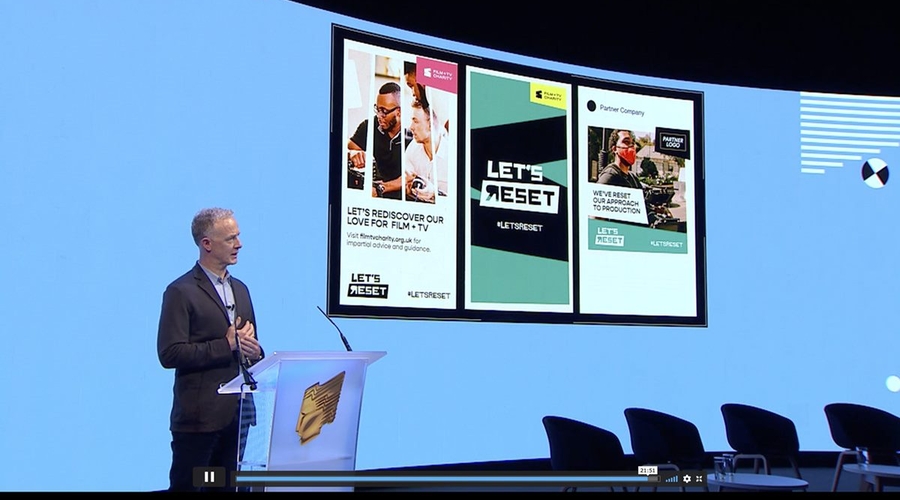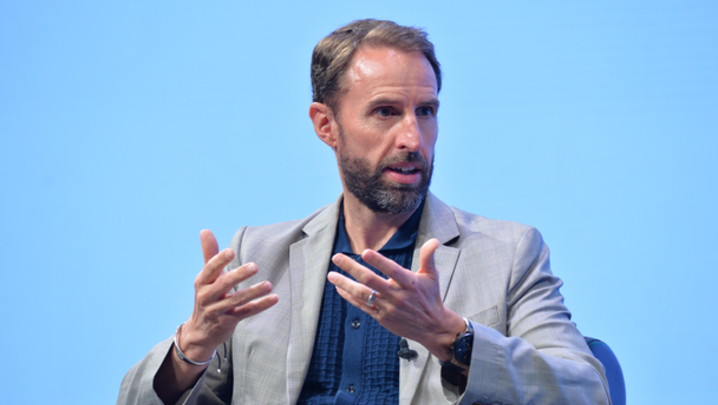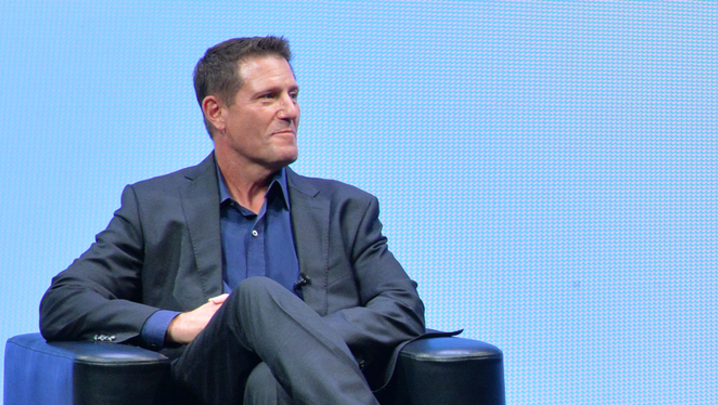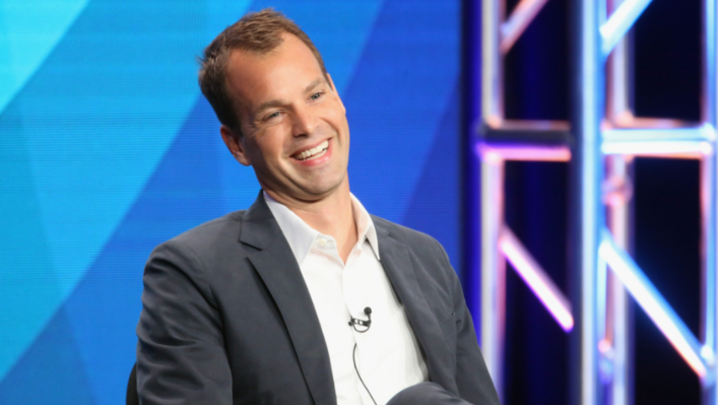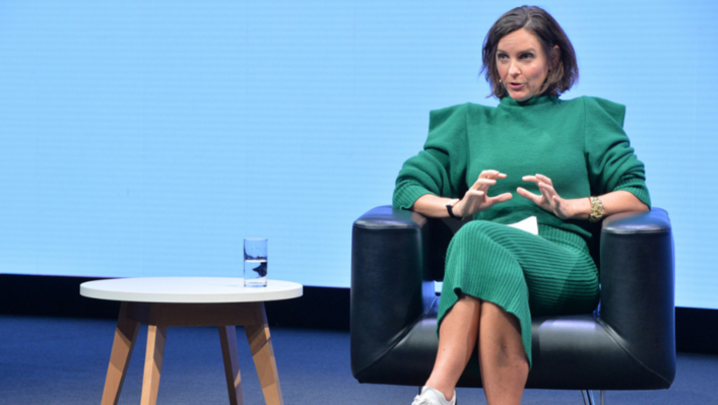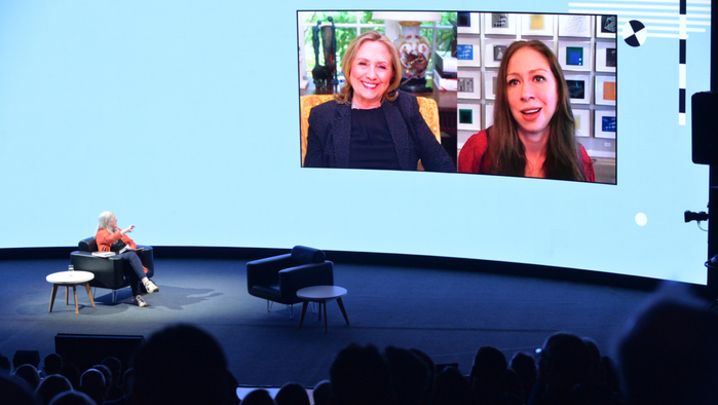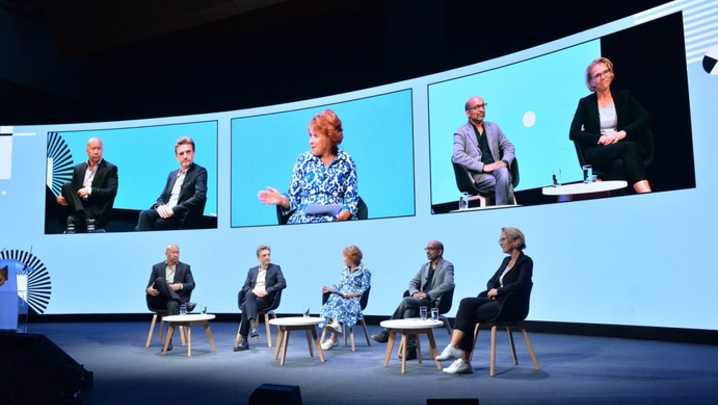Bullying is twice as prevalent in TV as in other industries. What must be done to stamp it out?
Fun, glamour, creativity and lucrative rewards… working in TV looks like the stuff many people’s dreams are made of. Unfortunately, for a huge number of professionals across the industry, the reality can be very bleak indeed.
Presenting research collated for this year’s Convention, Chair Ben McOwen Wilson revealed that a horrifying 56% of interviewees reported having experienced some form of bullying at work in TV and film (compared with the UK average of 29% across all fields). The numbers are even worse for freelancers, disabled employees and people of colour, he said, and rise to a depressing 67% for women.
Four out of 10 women in the industry reported experience of sexual harassment. McOwen Wilson said it was clear that inappropriate and harmful behaviours, long deemed unacceptable in other workplaces, remained entrenched and normalised in the business of making television.
He warned that, if this wasn’t addressed, the industry as a whole was at risk of damaging the talent pipeline, and compromising the urgent need to improve diversity and representation.
He introduced Toxic, a film based on four individual testimonies of bullying and its effects, based on accounts provided by more than 40 people across the industry, including producers, directors, commissioning editors, assistant producers and researchers.
To protect their anonymity, these testimonies were arranged into a script and played by actors, but the reality of bullying and its effects were palpable on screen (testimonies on pages 47-48).
Afterwards, McOwen Wilson returned to the stage to encourage fellow executives to learn more about and then implement a strategy such as the four-point anti-bullying plan created by The Film + TV Charity (see page 47).
Session Seventeen, ‘Toxic’, was presented by Ben McOwen Wilson. The film Toxic was produced by Brian Hill, Managing Director of Century Films. Report by Caroline Frost.



